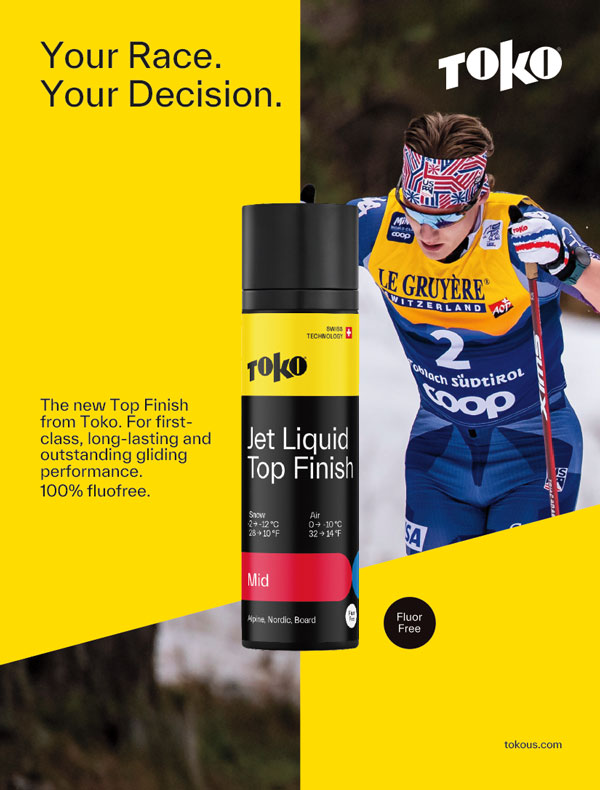
The 10 Biggest Mistakes Endurance Athletes Make
#8: Sticking With Your Game Plan Even When It’s Not Working
Wed, Jul 26, 2006 - By Steve Born
Endurance athletes tend to be strong-willed and uncompromising. Most strive to have a “game plan” in place for their training program, which is, of course, an excellent idea. Wise athletes also have a game plan for their supplements and fueling. Having this nutritional game plan that you’ve honed during training is a big step toward success on race day, but don’t slavishly adhere to it during the race if it’s not working. What does fine in terms of fueling—your hourly intake of fluids, calories, and electrolytes—during training at a slower pace and lower overall energy output might fail during competition. Athletes who stubbornly maintain the same fuel intake hour after hour, even when it’s clearly not working, end up with poorer results, if they finish at all.
Yes, it’s important to maintain consistent caloric intake during a workout or race, but if the weather gets hot, the body’s ability to process fuel becomes compromised. It’s important to recognize this and to listen to your body. Continuing to force down “X” amount of calories an hour (the original “game plan”), especially under extreme conditions when your body cannot properly assimilate them, puts a burden on your stomach and can cause any number of stomach-related maladies, which will certainly hinder or ruin performance. During the heat, it becomes more important to stay hydrated and maintain adequate electrolyte levels, so be willing to cut back on calorie consumption. Body fat stores, which satisfy up to two-thirds of energy requirements during exercise, will accommodate energy needs during occasional breaks from regular intervals of fuel consumption. During the heat, fueling is still important, but the focus shifts towards maintaining hydration and proper electrolyte levels. Resume regular caloric intake when you start feeling better and your stomach has had some time to assimilate the fuel it already has.
In a similar, but “non-fueling” vein, another time when it’s not a wise idea to stick to your original game plan is in training, especially after you’ve had a poorer-than-expected race. Many athletes think the cure for a poor race is to train harder and longer. Instead of recuperating, many athletes will train themselves into the ground, oftentimes ending up not fitter, but over-trained and with a poorly functioning immune system. A better tactic is to recuperate completely after your race, evaluating what went right and what went wrong during the race, and adapting your training accordingly; training harder and longer isn’t necessarily your best option. Remember that recovery is as important a part of your training and the achievement of your athletic goals as the actual training session. Make sure you take your recovery as seriously as your training.
Recommendation: It’s a good practice to have a game plan that includes a fueling protocol that you have refined during training, but you need to be flexible. Evaluate and adjust accordingly as race pace and weather dictate. Have a game plan, but write it in pencil, not in ink.
Next time, Mistake #9: Inadequate Post-Workout Nutrition

